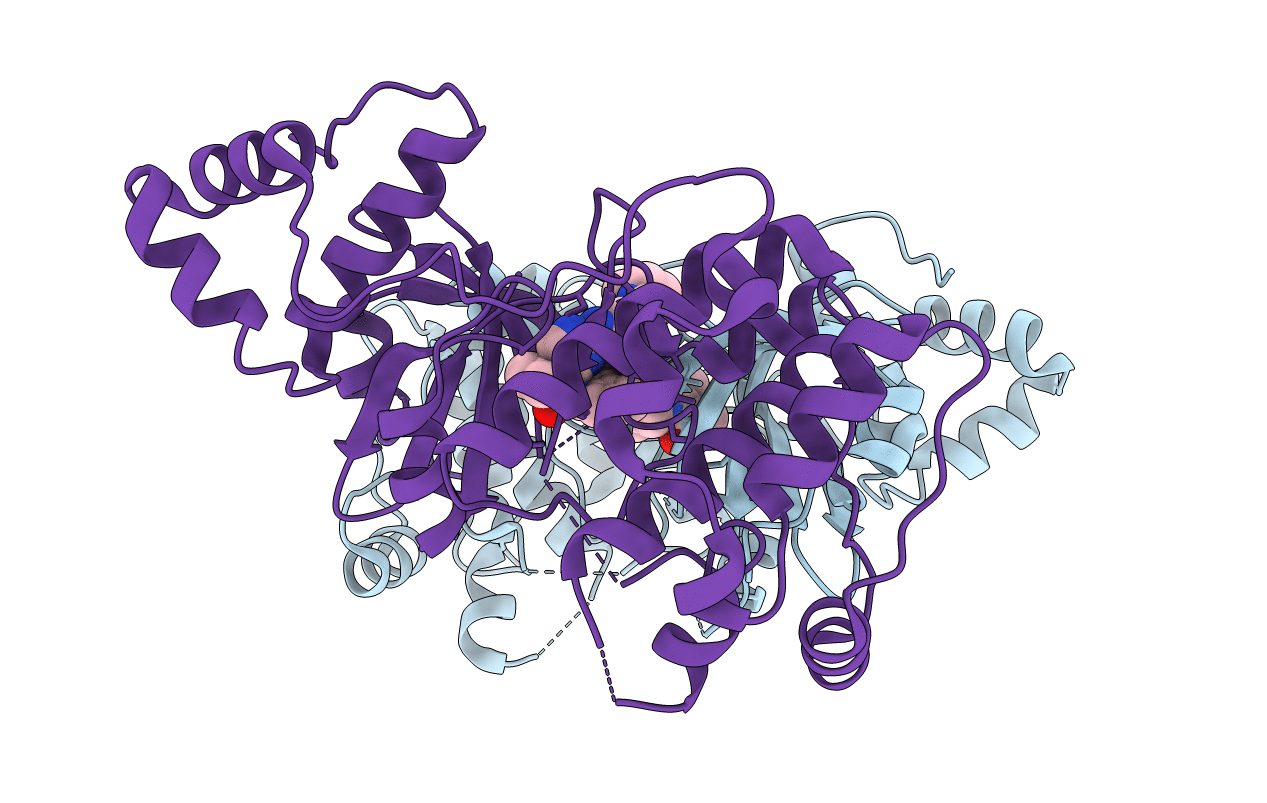
Deposition Date
2016-11-15
Release Date
2017-11-22
Last Version Date
2024-03-06
Entry Detail
PDB ID:
5TX3
Keywords:
Title:
Structure of Maternal Embryonic Leucine Zipper Kinase
Biological Source:
Source Organism(s):
Homo sapiens (Taxon ID: 9606)
Expression System(s):
Method Details:
Experimental Method:
Resolution:
2.90 Å
R-Value Free:
0.25
R-Value Work:
0.18
R-Value Observed:
0.18
Space Group:
P 1 21 1


